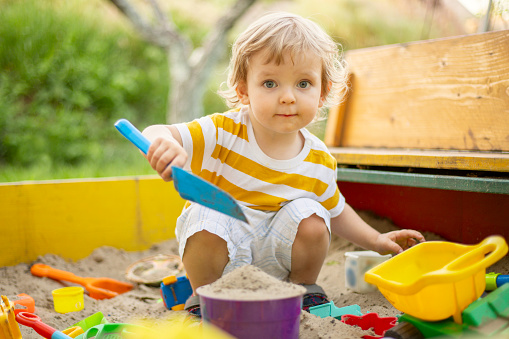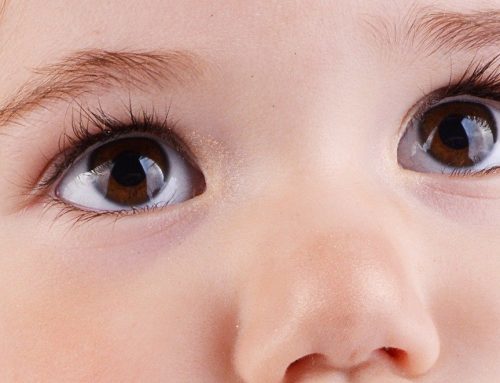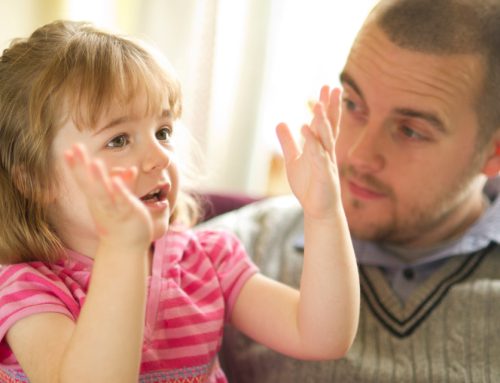There are many reasons why your child may have a communication disorder.
Some children may have a communication disorder which is secondary to another developmental condition. These conditions include but are not limited to:
Hearing impairment, Clefts of the lip / palate, Intellectual Disability, Autism Spectrum Disorder, other neurological conditions and syndromes including Fragile X Syndrome, Down Syndrome and Cerebral Palsy.
Some children may acquire communication disorders as a result of a brain insult e.g. stroke or head injury.
Exposure to toxins such as drugs and alcohol whilst in utero can contribute to the development of communication disorders for children as can exposure to trauma, neglect and/or abuse.
Most Communication Disorders have no identifiable cause
This can be quite frustrating for parents, carers and educators who often want to know ‘why’ their child or a child they care for has challenges with speech, language and/or communication skills.
Sometimes knowing the causes can be helpful….
This is especially true when we can put remediation in place that address the root cause of the issues. A good example of this may be a child who has delays in his or her speech development due to conductive, fluctuating hearing loss. Often getting this identified early and working with an ENT specialist can result in this type of hearing loss being improved.
In many cases, however, even when the root cause can be and is addressed, a child may still require assistance with the communication challenges that have already resulted.
In most cases, even when a cause can be identified, quick fixes are not to be found. This is not a very popular message to broadcasting but the truth is that communication disorders and challenges take lots of time, dedication and the commitment of the entire village around the child to support.





